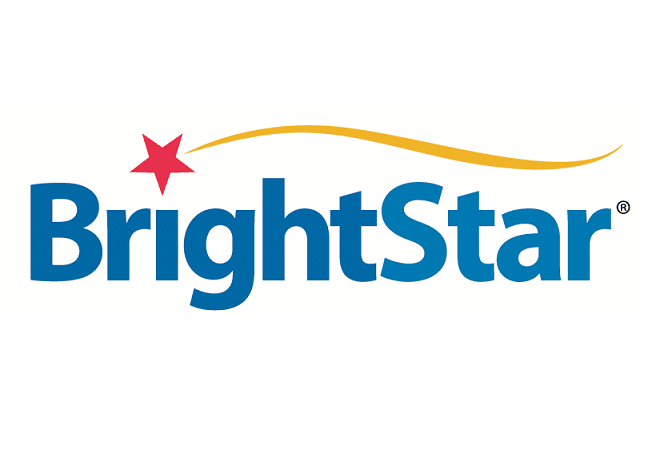AlphaGraphics – Royalties that do more than pay the rent
After suffering through what at the time was one of the most publicized disputes in franchising, Alphagraphics, the Tucson-based printing franchisor, entered into discussions with their franchisees to formulate a unified franchise agreement. Alphagraphics had a history of negotiating changes to its standard franchise agreement with individual franchisees. It was these variances which management felt contributed to its disputes with the franchisees and had made managing a growing franchise system difficult.
According to Tom Camplese, Vice President of Franchise Development for Alphagraphics, management decided that the best approach to introducing a new agreement would be to collaborate with the system’s franchisees in crafting the new relationship. Working with the newly formed and elected Franchisee Advisory Council, it was agreed that the franchise relationship would have three basic goals: (1) it would meet the needs of both the franchisor and the franchises; (2) it would provide value over the long term to the franchisees; and (3) it would be signed by 100% of the franchisees without negotiations. Out of these discussions came the new Alphagraphics franchise agreement and the concept of Universal Service Credits.
While described by Alphagraphics’ management as a way for franchisees to customize the services they receive from the franchisor, the USC is truly a “best practices” approach to developing a royalty structure that enhances the value of the franchise offering for both parties. The base royalty method employed by Alphagraphics is a royalty percentage that declines as unit sales increase. This structure is widely used by many franchise systems today as a method to provide additional value to higher-performing units. However, qualifying franchisees at Alphagraphics can further reduce their net royalties by earning up to 25 percent of royalties paid as Universal Service Credits. When earned, USCs can be spent by the franchisee on additional services, equipment, and other offerings provided by the franchisor.
Qualifying for USC credits is surprisingly simple and equitable. The franchisee simply has to meet the terms of the franchise agreement, including (1) paying their royalties on time, (2) submitting to Alphagraphics their financial statements, and (3) not otherwise being in default under the franchise agreement. The franchisee can then use their Universal Service Credits to purchase additional field support above the base level of support provided, specialized training for management and staff, specialized marketing and creative programs, or equipment including computers, among other services and products provided under the program. (The base service levels provided by Alphagraphics are equal to or higher than others in their industry segment.) For franchisees in the system for five years or more, they can even redeem the Universal Service Credits for cash. However, in the last year, according to Alphagraphics, only 5% or the available USCs were redeemed for cash, with approximately 95% used to purchase products and services from the franchisor.
If you examine the USC strategy carefully, the franchisee, in meeting their contractual obligations, has the potential of making the management of the franchise system more productive, as the franchisor’s resources can be focused on enhancing value rather than enforcing compliance. By providing a reward mechanism for system compliance, the franchisor has the tools to potentially improve its cash flow, reduces operating costs, and enhances its relationship with its franchisees. Based on the results at Alphagraphics, we have introduced the USC strategy into several clients’ franchise programs, most recently the new DuPont Flooring System franchise offering.
By targeting what the franchisee can spend their Universal Service Credits on, the franchisor can drive the franchisee to improve their operations (more training, more field support), enhance their ability to increase sales (specialized marketing), and reduce their capital and operating costs (equipment and computer purchases). Over time, these enhanced services will likely cost the franchisor very little, as system improvement will translate into higher unit sales (higher royalty payments) and better-performing units with enhanced system stability and the marketability of the franchise offering. For Alphagraphics, the USC program may be one of the reasons that unit performance and franchisee return on investment is as high as it is.
Do you have questions about franchising?
MSA Worldwide provides expert guidance on developing a successful and sustainable franchise system. Contact us today for a complimentary consultation.







